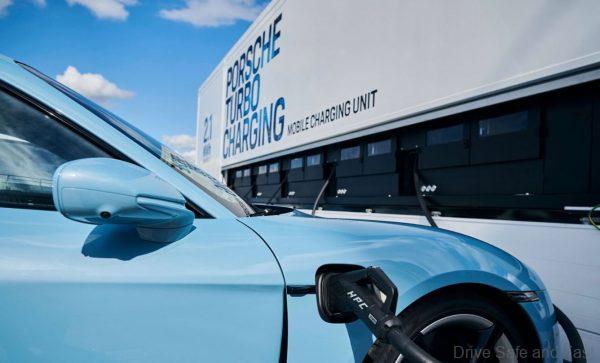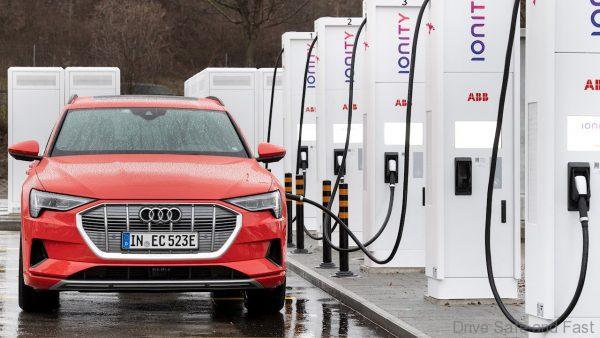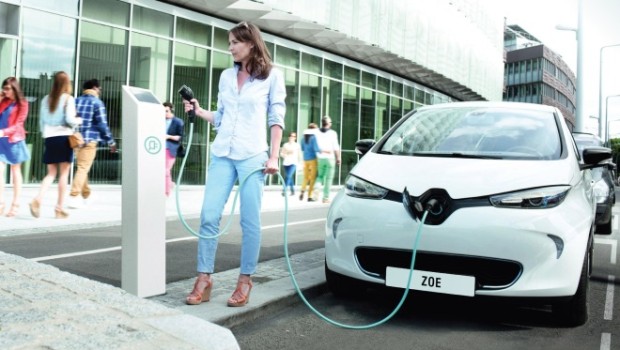One Million Electric Vehicle Charges Globally To Date
Malaysian still keeps talking about it
They say ‘talk is cheap’ and in our country its really priced very low as over the years there has been so much chatter from automotive agencies on the need to bring clean energy and battery electric ownership to middle class Malaysians.
This means having electric vehicle (EV) charging points at strategic locations and providing tax and ownership incentives to middle class Malaysians to buy and drive an electric vehicle.

To date, we have only seen very small effort when compared to our neighboring governments. Car manufacturers are not incentivized to bring and sell their EV’s and the recent Budget 2021 is a clear indication that our ‘hardworking on MOU signing only’ automotive agencies are looking elsewhere. Yes, covid-19 is a major issue, but that’s not stopping Indonesia, Thailand and Singapore in promoting EV ownership and clean energy use.
Meanwhile, the electric vehicle industry in the rest of the world has quietly hit one of its biggest milestones to date, as the number of public charging outlets around the world reach above the 1 million number.

The threshold was crossed sometime in May this year, having doubled in just three years, according to the recent account by BloombergNEF.
Most of the new infrastructure has been built in China and Europe. North America, with far less robust public subsidy and support, remains a distant third in the public charging race, though there is some hope that a pandemic stimulus plan will catalyze a new wave of construction of EV charging points.
General Motors has finally decided to invest in charging stations, 24 years after making its first electric vehicle and with the launch of the Rivian and Tesla pickup trucks, more will come.
“The election could make a big difference as well,” said BloombergNEF analyst Ryan Fisher. He said Democratic presidential candidate Joe Biden has been “really bullish on both EVs and charging infrastructure.”

On July 14, Biden released a USD2 trillion clean energy plan, including a Cash-for-Clunkers type program intended to spur people to trade gas-burning vehicles for electric models.
Regardless of voting results, the U.S. seems hard-pressed to catch up to those leading the way on charging. The Netherlands, for example, has slightly more car charging cords than the U.S., though the country as a whole has fewer licensed drivers than the state of New York.
China remains the most aggressive on jump-starting its electric vehicle economy, with more than half of the world’s EV’s. Electric vehicle infrastructure is speeding along there and in Europe, it is France that leads in its network investments. The European Union recently announced a goal of 1 million public EV chargers by 2025.
Part of the recent growth can be attributed to a land-grab effect, as network developers like Engie, the French utility, and Allego, a Dutch startup, race for the best installation sites. Stimulus spending and a recent mandate for EV chargers at German petrol stations have primed the EV charging positions as well.
“In Europe at least, there is going to be loads of EV chargers put in ahead of demand in the next few years, because of those two things,” Fisher said. “It could be quite a monopolistic thing.” If the land is gone, he said, “then you can’t put an EV charger there.”
BloombergNEF expects one in 10 vehicles purchased in 2025 will be battery-powered and by 2040, the world will need some 12 million public charging points and almost USD400 billion spent on infrastructure. Of course, the EV chargers required will ultimately depend on how many electric vehicles are purchased and vice versa.














